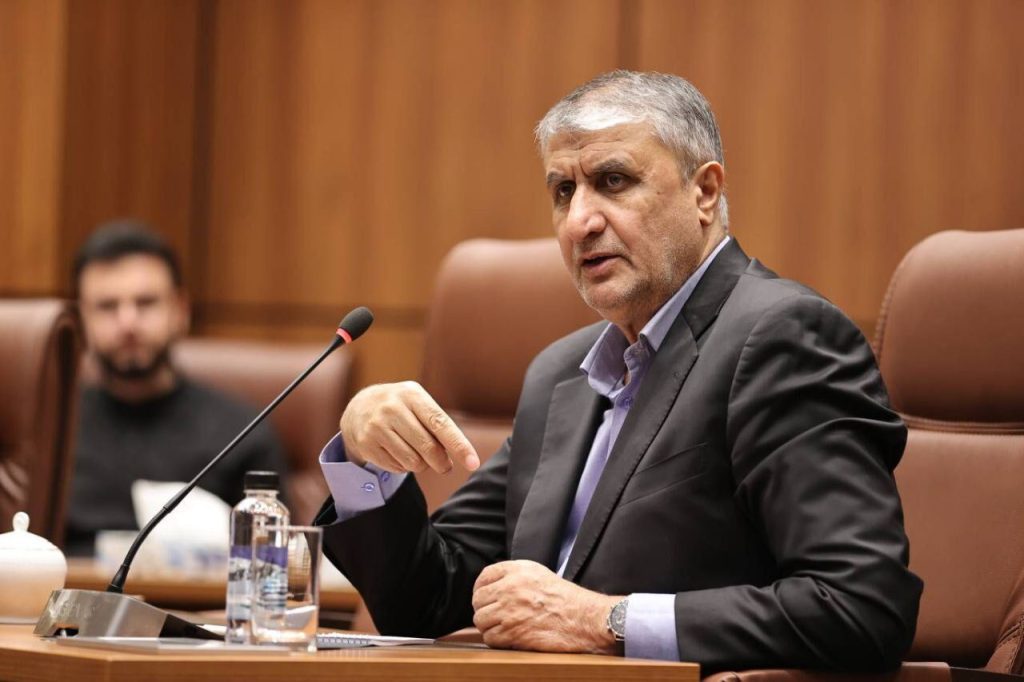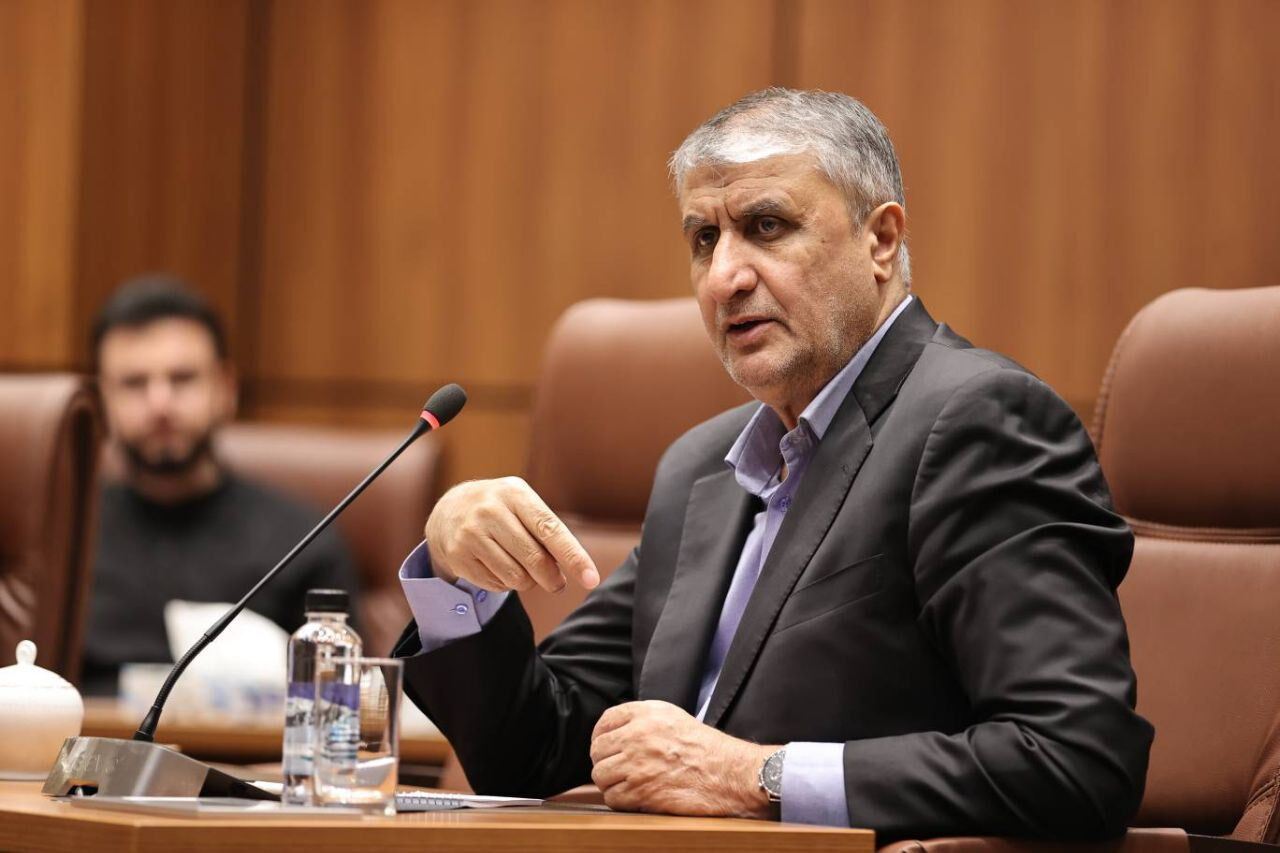Iranian atomic chief Mohammad Eslami visits Moscow for high-stakes talks as the UN Security Council rejects lifting sanctions, triggering fresh geopolitical tensions between Iran, Europe, and the West.

Moscow Meeting in Focus
Iran’s nuclear chief Mohammad Eslami, who also serves as vice president, has arrived in Moscow for talks as global scrutiny intensifies over Tehran’s nuclear programme. Russia’s state-run RIA news agency reported the visit on Monday, citing the Iranian embassy, though details of his meetings and agenda remain undisclosed.
The visit comes at a sensitive moment, following the UN Security Council’s decision not to lift sanctions on Iran after a dispute triggered by European powers. With Russia and China backing Tehran and Western nations pushing for punitive measures, Moscow is now emerging as a critical diplomatic hub for Iran’s nuclear standoff.
UN Security Council Rejects Sanctions Relief
Earlier this month, the 15-member UN Security Council failed to adopt a draft resolution—submitted by South Korea as rotating council president—that sought to maintain sanctions relief.
- For: Russia, China, Pakistan, and Algeria supported Iran.
- Against: The UK, France, Denmark, Slovenia, Sierra Leone, Panama, the US, Greece, and Somalia voted no.
- Abstained: Guyana and South Korea.
The move followed the decision by the E3—Britain, France, and Germany—to trigger the “snapback” mechanism under UN Resolution 2231. This step gives Tehran 30 days to comply with the 2015 nuclear deal, or sanctions will be automatically reimposed.
The 2015 Nuclear Deal Under Strain
The Joint Comprehensive Plan of Action (JCPOA), signed in 2015, was designed to restrict Iran’s uranium enrichment in exchange for sanctions relief. The deal required Iran to accept intrusive monitoring from the International Atomic Energy Agency (IAEA) to ensure its program remained peaceful.
However, Tehran has repeatedly clashed with Western nations over compliance. The E3 accuse Iran of breaching the deal, while Tehran insists its nuclear programme is for civilian energy purposes only.
Russia, meanwhile, maintains that Iran should be allowed to pursue peaceful nuclear energy under international law.
Iran Suspends Cooperation with IAEA
Escalating tensions further, Iran’s Supreme National Security Council announced on Saturday that the country would suspend cooperation with the IAEA following the UN vote.
In a statement broadcast by state-run Press TV, Iran condemned what it called “ill-considered” actions by the E3. Tehran argues that European countries are politicising nuclear oversight while ignoring Iran’s right to develop civilian nuclear technology.
This move risks reducing transparency around Iran’s programme, raising fears of further confrontation with the West.
Russia’s Role as a Strategic Ally
With the US and Europe tightening pressure, Iran is deepening its strategic ties with Russia. Moscow has repeatedly defended Tehran at the UN, framing the dispute as part of a broader Western campaign to undermine independent powers.
Eslami’s visit highlights the Moscow-Tehran axis, which has strengthened in recent years through cooperation on energy, military technology, and regional conflicts such as Syria and Ukraine.
For Iran, Russia represents not just a diplomatic ally but also a potential economic lifeline as Western sanctions continue to squeeze its economy.
What Comes Next?
The snapback mechanism gives Iran until late September to return to compliance, or sanctions suspended under the 2015 deal will automatically reapply. Analysts warn that if Iran does not cooperate with the IAEA, Western powers may push for even harsher measures, deepening the nuclear crisis.
Meanwhile, Eslami’s Moscow visit signals that Tehran is betting on closer ties with Russia and China to withstand Western pressure. As the situation escalates, the risk of the JCPOA collapsing entirely appears greater than ever.
The arrival of Mohammad Eslami in Moscow marks a new chapter in the intensifying standoff over Iran’s nuclear programme. With the UN Security Council divided, Iran suspending cooperation with the IAEA, and the E3 pressing ahead with sanctions, the path forward looks increasingly uncertain.
Whether diplomacy or confrontation prevails will depend on how far Tehran, Moscow, and Western powers are willing to push their competing visions for the region’s security.











Comments are closed.